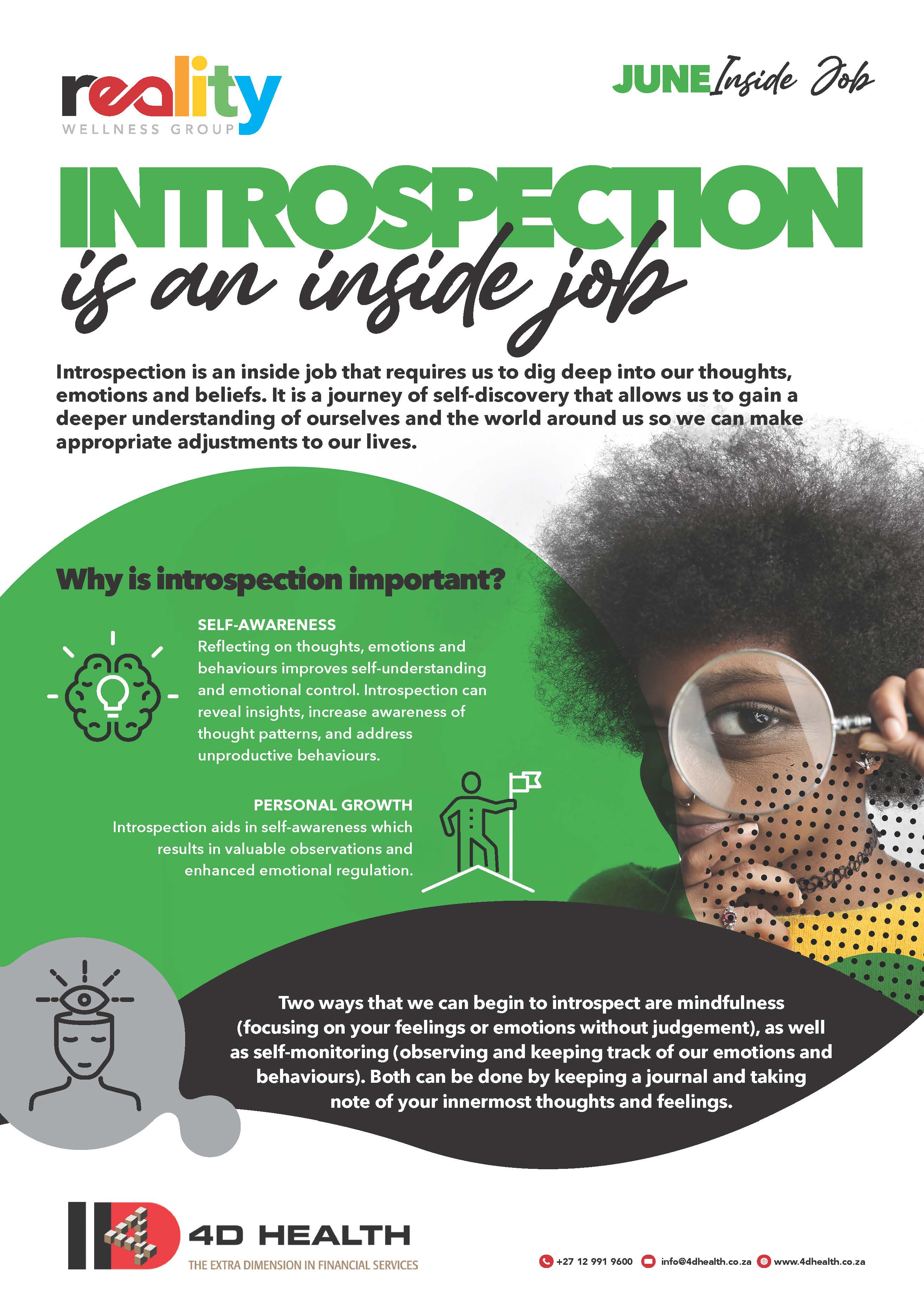What is the purpose of NHI?
The NHI Bill sets out to establish the National Health Insurance Fund to provide equitable efficient healthcare funding by the pooling of funds and strategically purchasing healthcare services for all South African citizens.
Who will pay for the NHI?
NHI will be funded through general tax revenue and the shifting of funds from provincial grants. This could include the use of medical scheme tax credits, payroll tax, surcharges on income tax and/ or further grants. Every avenue of raising revenue for the NHI will need material legislative and administrative changes, which will face their own sets of challenges, suggesting that full implementation will take considerable time.
How will healthcare services be accessed once the NHI is established?
Referral pathways
To access healthcare services, South African citizens, permanent residents, refugees, inmates and “certain categories of foreign nationals” will need to register at an NHI-accredited primary healthcare provider. Patients will then first have to visit their primary healthcare provider and will only be able to consult a specialist if the doctor or nurse at their primary healthcare facility refers them to such a specialist.
Role of private and public healthcare providers
The Bill envisions that the NHI fund will purchase healthcare services from private providers to supplement the current public sector. It will start with the procurement of high priority services for vulnerable groups, such as primary care for children and the elderly. It is not yet clear how other services will be purchased from private doctors or hospitals
Latest NHI update:
In August, following Cabinet approval, the Minister of Health released the NHI Bill for public comment. It would have been difficult to ignore the strong media reaction and you might have noticed the negative stock market response to healthcare businesses. Concerns have been voiced around the additional tax burden on citizens, the failure of the state-owned enterprises, the state of the public health system, poor governance, health professionals emigrating, and more.
NHI implementation will be phased in over time. NHI, as set out in the Bill, is a health financing system that will eventually become the single purchaser and payer of healthcare services through a single, centrally managed state-run NHI Fund.
Clients have asked about the future of medical schemes, but unfortunately, it is too early to provide you with clear answers.
When fully implemented, all citizens and permanent residents will have to register with the NHI Fund to access free healthcare at the point of service. As we understand it, in time, the NHI aims to cover ‘comprehensive’ health care services through the NHI benefit package. Once fully implemented, medical schemes or any other private health insurer will provide ‘complementary cover’ for benefits not paid by the Fund. The purchase of these products will remain voluntary.
Citizens who do not comply with the NHI rules, including not following the correct referral pathways or who use services not covered by the NHI, will have to pay for these out-of-pocket or through a medical scheme or another insurance product. This is where the role of medical schemes becomes vague. One part of the Bill limits the role of medical schemes and another envisages schemes will offer benefits, including NHI benefits, to citizens who do not wish to use the NHI. This would be like the UK system, where any citizen is free to purchase private health insurance to cover the same services as provided by their NHI.
Without understanding what the NHI benefits will cover or how they will be phased in, it is impossible to determine if scheme benefits will be required to change, by how much and by when. It is also unclear as to how schemes will fund benefits not paid by the NHI Fund if they are prohibited from providing NHI benefits and remain constrained by the current Medical Schemes Act. It is evident that this Act will have to change significantly to align with the NHI Bill once passed. It is undisputed that South Africa should have Universal Health Coverage, a World Health Millennium development goal, and that inequalities in healthcare should be effectively addressed, but concerns around affordability have been raised.
The NHI Bill stipulates that National Treasury, in consultation with the Ministers of Finance and Health and the Fund, will determine the annual NHI budget and how the money is allocated to the Fund. Clearly the amount of money allocated will determine the size of the benefit package. Given government’s financial commitments to other critical issues facing the country, it will require the economy to improve before significant funding can be allocated to healthcare.
NHI is a large, complex, multi-decade initiative. It will need time and the collaboration of the best skills in the country to achieve the overall goal. For these reasons, and the fact that citizens have a constitutional freedom of association and choice, there are views expressed by many leading stakeholders that medical schemes will co-exist with the NHI, at least for the foreseeable future, and possibly permanently.
Next steps
The Bill will now follow the normal parliamentary process, including public participation which may result in further changes. It will then be put to the National Assembly for a vote. Once passed, it will be debated in the National Council of Provinces (NCOP) and if passed, it will be referred to the President to sign into legislation. As the entire process could take up to 18 months, or longer if contested, it is not expected to be promulgated before mid-2020. Thereafter, many other acts and pieces of legislation will be affected and will need to be amended. The date of full implementation is unlikely to be announced any time soon. Many medical scheme members view their scheme as a much-needed insurance product over which they have no influence.
As a citizen of South Africa, you also have the right to participate in the current public participation process and to shape the future of universal health care and the NHI. Educate yourself about the topic by reading the NHI Bill, articles in the news, and participate in the public NHI discussion. We will keep you up to date and provide you with more clarity once available.
References:
Anglo Medical Scheme. National Health Insurance update [Article].https://www.angloms.co.za/portal/ams/news-2019-national-health-insurance
4D Health have had a number of clients who have requested us to provide more information on how to participate in the NHI public-participation process. Herewith please find information from the Parliament’s website.
The Portfolio Committee on Health invites you to submit written submissions on the National Health Insurance Bill [B11-2019].
The objective of the Bill is to achieve universal access to quality health care services in the Republic in accordance with section 27 of the Constitution; to establish a National Health Insurance Fund and to set out its powers, functions and governance structures; to provide a framework for the strategic purchasing of health care services by the Fund on behalf of users; to create mechanisms for the equitable, effective and efficient utilisation of the resources of the Fund to meet the health needs of the population; to preclude or limit undesirable, unethical and unlawful practices in relation to the Fund and its users; and to provide for matters connected herewith.
Comments must be submitted to Ms Vuyokazi Majalamba at vmajalamba@parliament.gov.za by no later than Friday, 29 November 2019.
Enquires can be directed to Ms Vuyokazi Majalamba at vmajalamba@parliament.gov.za and 021 403 3770 or 083 709 8522.
Information on How to Write a Submission to Parliament can be found on the Parliament’s website.
You can track the processing of the Bill here.





